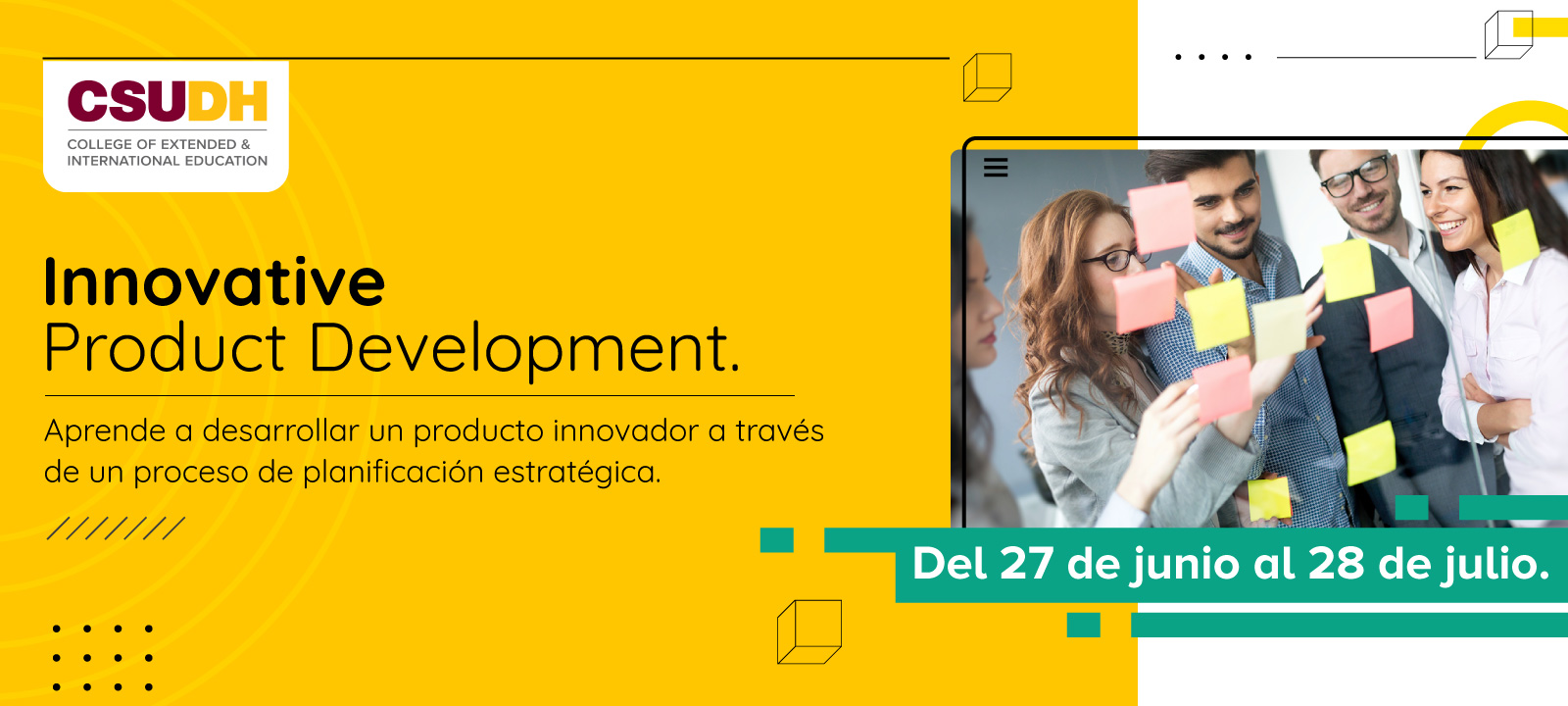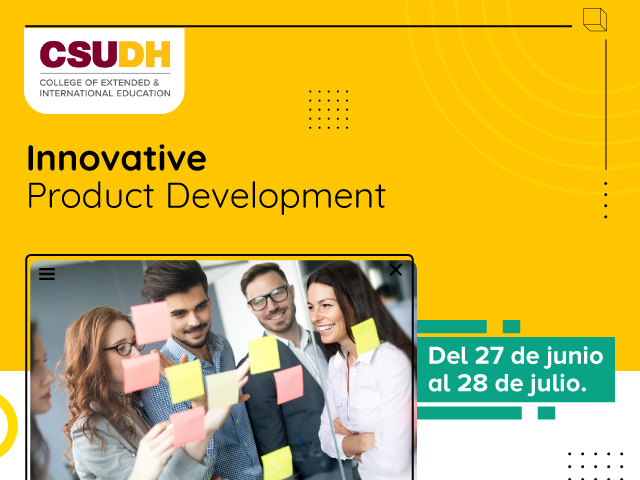Agile Project Management
For over a decade business and industry leaders have applied Agile PM principles to their projects, transitioning from the more rigid process-driven culture to a customer and business value-driven approach. At the core, agile projects should exhibit central values and behaviors of trust, flexibility, empowerment and collaboration. Agile project management is an iterative and incremental approach to delivering requirements throughout the project life cycle.
Business Plan Development
Every business needs to have a written business plan, whether it is to provide direction or attract investors. A business plan is vital for the success for your organization. Every plan should start with the value proposition, market analysis, marketing plan, your organization’s detailed management team biographies, corporate data (bank, accountants, etc.), technical data, market research, and any specifics of key programs, and industry information. This is a living document and an iterative process as your business grows. Whether you are sharing your plan with an investor, customer or team member, your plan needs to show your passionate dedication about your business and the plan.
Design Thinking
Modern innovation is largely built upon the implementation of human-centered design. There are a variety of techniques that have been developed to build processes that address concepts such as context analysis, problem finding and framing, ideation and solution generating, creative thinking, sketching and drawing, modelling and prototyping, testing and evaluating. In this module, students will be exposed to a brief introduction to design thinking and then will engage head-on with the process using the best practices of the Creative Problem Solving (CPS) process. This highly interactive session will challenge students to think both divergently and convergently as individuals and in groups. The end result is a greater understanding of how to frame problems and solutions and the key elements of moving forward on working on solutions.
Financing Innovation
Traditional innovation financing involves the exploration and development of complex financial models for financial requirements into the future. In this module we explore the basics of financial proformas, share more complicated models and spreadsheets, build upon a case study to demonstrate the value of and challenges with proformas, and explore traditional and non-traditional sources of financing for innovation.
Entrepreneurial Communications & Presentation Skills
Entrepreneurial communication is a frequent challenge for emerging entrepreneurs. While many teams have excellent technical and innovation skills, the ability to convey the unique elements of the startup’s situation is often a real stumbling block for startup founders. Entrepreneurs have unique communication needs as they must communicate with potential customers, investors, and internally with business partners and founding employees. In this module, students will learn about the creation of startup content, the most common startup documents, and the best practices for delivering and communicating their entrepreneurial vision in a variety of entrepreneurial contexts.
Strategic Planning
Strategic planning is the deliberate, disciplined effort to produce a strategy resulting in actions that shape an organization’s future. When there is a clear set of goals, combined with an honest appraisal of an organization’s strengths and weaknesses, a plan shows what is important, what is relevant, and what is actionable. A strategic plan allows you to put the challenges that affect every business into perspective, and gives you the tools you need to handle them in a coordinated way.
Market Validation
Market validation is the process of validating the viability of the business idea in the target market.
In simple terms, it refers to a process of determining whether your business idea is of any interest to your target audiences. Market validation gets done in the initial days of the ideation phase and before having any significant amount of investment in it. It involves a series of interviews with people from your target market and in-depth research to validate the concept product-market fit hypothesis.
It gives you a better understanding of the target market and what it precisely requires and if your product falls into the same category or not.
Marketing Innovation
The main purpose of innovation marketing is to open up new markets and ultimately lead to an increase in the business’ sales. Innovation marketing also aims at newly positioning the business’ products as well as addressing the customers’ needs. As the dynamics of business keep changing on a daily basis, so are the marketing strategies.
Creativity and Innovation
Creativity and Innovation are the core competencies of modern global corporations. It doesn't matter if the products are high-tech or agricultural and basic commodities, being able to innovate new approaches to product/service development, use of new innovative approaches to finance, market, distribute and support your products/services are the major differentiator in a highly competitive global market. This module will provide the mind set, tools and techniques to create and innovate new approaches to business applications.
Group Project Work
Based upon the foundations learned in the other modules, students will be challenged to apply their concepts to a group project. The project will be based upon their design thinking exercises and will allow them the opportunity to apply what they have learned and reflect upon how it applies to them after the courses are completed. These projects will include guidance by faculty throughout the program and will culminate in a group presentation with Q&A at the end of the program.
Design Sprints
Design Sprints are the methodologies developed by IDEO and refined by Google Ventures to turn the dream/idea into reality through an organized series of steps. In this module, we will turn the concepts previously developed into a prototype/demonstration of the concept. The sprint is a process for answering critical business questions through design, prototyping, and testing ideas with customers.

